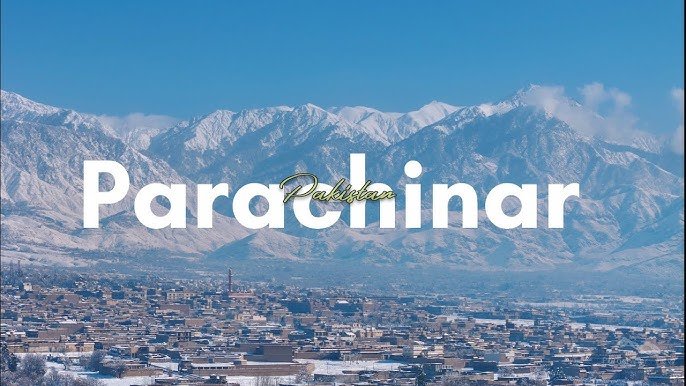Yes, this is Pakistan, and this is Khyber Pakhtunkhwa, where 29 children lost their lives due to the unavailability of medicines in Kuram Agency, Parachinar.
Some time ago, a film was released titled Escape Alive from Pakistan, showcasing the harsh realities of life for an ordinary citizen in this country.
Here, the political elite and bureaucracy treat common people like sheep and goats—no one listens to them, and justice remains a distant dream. Institutions and courts here exist merely to protect the elite, but why?
Amidst the power struggles of the powerful, the District Headquarters (DHQ) Hospital in Parachinar, Kurram Agency, has been facing severe shortages of basic facilities and medicines since October 1. As a result, 29 precious lives were lost without a chance to bloom.
In a statement issued to the media, the Medical Superintendent of DHQ Hospital Parachinar clarified that although a stock of medicines was received from the Health Directorate in Peshawar, it was insufficient to meet the hospital’s needs.
The statement explained that due to clashes in the region, there was an extraordinary consumption of medicines and surgical supplies at the hospital. In such circumstances, the issue of shortages in essential items naturally arises.
It further stated that there is currently a critical shortage of medicines in various units of the hospital, and immediate action is needed on humanitarian grounds. The statement also revealed that 29 children have died at the hospital since October 1, 2024. Additionally, it highlighted that medicine suppliers have been unable to transport medicines to Parachinar due to the closure of the main Thall-Parachinar Road.
This road has been blocked for 69 days, severely disrupting the supply of essential goods in Parachinar and Upper Kurram. The ongoing road closures and the sealing of the Afghan border have led to acute shortages of food, fuel, cooking gas, and medicines, leaving the local population in a dire situation.
Social activist Asadullah has warned of a potential humanitarian disaster. “If the Afghan border and key highways are not reopened immediately and made secure, the region could face a large-scale tragedy,” he said. Asadullah urged efforts to provide food assistance to those in need, emphasizing that the ongoing roadblocks were worsening the hardships faced by residents.
Local authorities are seeking to resolve the issue through dialogue. The district administration has announced that a grand jirga, previously postponed in Kohat, will be reconvened to address the crisis and work toward reopening the main highways.


